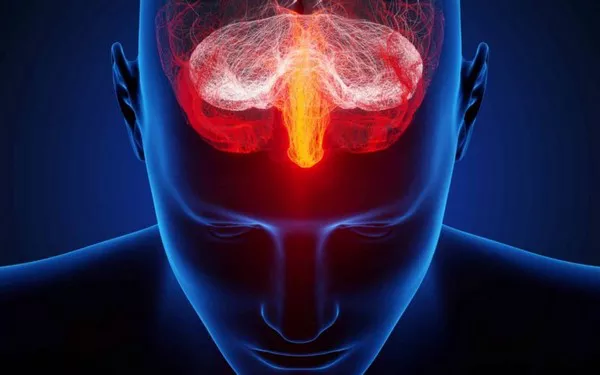The intricate relationship between alcohol and anxiety has been a topic of interest for researchers and individuals alike. While alcohol consumption is often associated with relaxation and stress relief, its impact on mental health, particularly anxiety, is multifaceted. In this article, we will delve into the connections between alcohol and anxiety, shedding light on how alcohol can influence anxiety levels, exacerbate symptoms, and provide insights into healthier coping strategies.
1. The Initial Appeal of Alcohol for Anxiety
Temporary Relief
Alcohol’s sedative effects can provide temporary relief from anxiety symptoms, leading individuals to perceive it as a means of relaxation and stress reduction.
False Sense of Calm
While alcohol may offer a momentary sense of calm, it does not address the underlying causes of anxiety. Its impact is short-lived, and reliance on alcohol for relief can lead to long-term complications.
2. Alcohol’s Impact on Brain Chemistry
Depressant Effects
Alcohol is a central nervous system depressant that slows down brain activity. While this can contribute to a temporary reduction in anxiety symptoms, it can also lead to cognitive impairment and mood swings.
Anxiety Rebound
As the effects of alcohol wear off, the brain’s neurotransmitter balance can be disrupted, potentially leading to heightened anxiety and negative emotions, known as the “anxiety rebound.”
3. Risk Factors for Alcohol-Related Anxiety
Predisposition to Anxiety
Individuals with a predisposition to anxiety disorders are more susceptible to experiencing increased anxiety as a result of alcohol consumption.
Frequency and Quantity
Excessive or frequent alcohol consumption can disrupt brain chemistry and exacerbate anxiety symptoms, particularly in those already prone to anxiety.
4. Altered Sleep Patterns
Disrupted Sleep
While alcohol may initially help with falling asleep, it can disrupt the sleep cycle, leading to poor sleep quality, vivid dreams, and fragmented rest. Sleep disturbances are often linked to increased anxiety.
Vicious Cycle
Poor sleep resulting from alcohol use can contribute to heightened anxiety levels, creating a cycle where alcohol is used to induce sleep but ultimately worsens anxiety symptoms.
5. Co-Occurring Disorders
Dual Diagnosis
The relationship between alcohol use disorder (AUD) and anxiety disorders is complex. Many individuals with anxiety disorders may turn to alcohol as a form of self-medication, leading to a dual diagnosis that requires comprehensive treatment.
Interplay and Treatment
Treating co-occurring disorders involves addressing both anxiety and AUD simultaneously, often through a combination of therapy, counseling, and medical intervention.
6. Coping Strategies
Healthier Alternatives
Developing healthier coping strategies for managing anxiety is crucial. Engaging in regular exercise, practicing mindfulness, and seeking professional support can provide sustainable relief.
Therapy and Counseling
Therapeutic approaches such as cognitive-behavioral therapy (CBT) and mindfulness-based interventions can equip individuals with effective tools to manage anxiety without resorting to alcohol.
7. Expert Insights
Research Findings
According to a study published in the Journal of Anxiety Disorders, excessive alcohol consumption can exacerbate anxiety symptoms and increase the risk of developing an anxiety disorder.
Clinical Perspective
Dr. Sarah Smith, a licensed psychologist specializing in anxiety disorders, emphasizes, “While alcohol may provide temporary relief, it’s important to recognize that it can ultimately worsen anxiety and mental health. Seeking professional guidance for healthier coping mechanisms is crucial.”
Conclusion
In conclusion, the links between alcohol and anxiety are multifaceted and complex. While alcohol’s initial sedative effects may offer temporary relief from anxiety symptoms, its impact on brain chemistry, sleep patterns, and co-occurring disorders can exacerbate anxiety over time. Understanding the potential risks and consequences of relying on alcohol as a coping mechanism for anxiety is essential. Instead of turning to alcohol, individuals are encouraged to explore healthier strategies such as therapy, mindfulness, and regular exercise. By addressing anxiety through evidence-based approaches, individuals can cultivate long-term mental well-being without the detrimental effects of excessive alcohol consumption.


